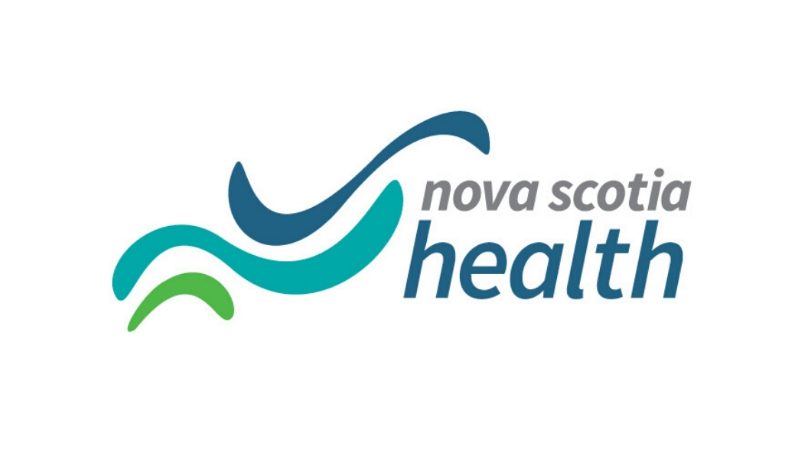End is near for nasty proxy fight between Agrium and Jana partners
Posted Apr 7, 2013 06:00:03 AM.
This article is more than 5 years old.
CALGARY – To Agrium Inc., Jana Partners LLC is a hedge fund Hell-bent on breaking up the company, selling the parts and making a quick buck.
To Jana, Canadian fertilizer giant Agrium (TSX:AGU) is a chronic underperformer that has mismanaged its business, lacked proper board oversight and been stubbornly resistant to change.
Months of name-calling and accusations will come to an end one way or another on Tuesday, when Agrium holds its annual general meeting and shareholders vote on whether to elect Jana’s five nominees to the company’s 12-member board.
“We are confident that Agrium will prevail,” said Agrium spokesman Richard Downey.
“We look forward to putting the proxy contest behind us so we can focus our full attention on optimizing the business, helping growers feed a growing world and creating long-term value for our shareholders.”
Jana also believes the vote will go its way on Tuesday, said partner Charles Penner.
“We’re very confident based on the shareholder support that we’ve already received that highly valuable experience and enhanced shareholder focus is coming to Agrium’s board on Tuesday.”
In the waning weeks of the fight, the debate has seemed more focused on the tactics each side is using rather than bigger-picture issues around Agrium’s long-term prospects.
“At this time, we think investors should take a step back, avoid getting bogged down in the fray and examine the high-level, important issues that will last beyond the next month and truly affect Agrium’s future,” wrote RBC Capital Markets analyst Adam Schatzker in a recent report, adding that splitting the company is a bad idea and there’s nothing wrong with the status quo.
Jana has spent more than $1 billion to acquire a 7.5 per cent stake in Agrium, making the New York hedge fund, headed by Barry Rosenstein, the fertilizer company’s biggest shareholder.
The activist fund, whose campaigns have never gone as far as a shareholder vote until now, first approached Agrium in May of last year.
According to Agrium, Jana’s pitch centred around breaking up the company, spinning off its retail segment and its potash business.
Agrium said its board gave fair hearing to Jana’s ideas and after a two-month review decided shareholders would be better off if it remained in one piece.
Jana, for its part, says Agrium failed to address the issues it has raised, which go beyond just its split proposal. In addition to addressing Agrium’s “conglomerate structure,” Jana also wants to see improvements in costs, controls, corporate governance and capital allocation — its so-called “5 Cs” platform.
The fight went public in August and since then, the two sides have been lobbing barbs at each other on a regular basis.
Jana has decried Agrium’s “scorched earth” approach and “thin-skinned” responses. Agrium has likened Jana to a Trojan horse, duping shareholders into allowing the company to be broken up.
Jana wants to appoint five directors to Agrium’s 12-member board, including Rosenstein and former Liberal agriculture minister Lyle Vanclief. To address what it sees as a lack of retail distribution expertise on the board, it also wants to appoint David Bullock, Stephen Clark and Mitchell Jacobson, who had leadership roles at UAP, Brenntag and MSC, respectively.
In February, Agrium appointed former Viterra CEO Mayo Schmidt and former John Deere & Co. executive David Everitt to the board, but Jana was not satisfied.
Around that time Agrium and Jana had come close to calling a truce, but it fell apart at the last minute. Each blames the other for the deal’s failure.
In the weeks since, Agrium and Jana have been quarelling about how Agrium’s long-term share price performance ought to be measured and compared with its peers. Each is accusing the other of torqing the numbers.
The two firms have also been attacking one another’s integrity. Agrium accuses Jana of putting its director nominees on “golden leashes” — offering them financial incentives based on Agrium’s share-price performance over 30 months — that call into question their independence and commitment to Agrium’s long-term performance.
More recently, Jana has pounced on what it sees as “vote buying” on Agrium’s part. Agrium is paying 25 cents to brokers and investment advisers for each share their clients vote in favour of Agrium, to a minimum of $100 and a maximum of $1,500 per beneficial share owner.
So far, four institutional shareholders have said publicly they intend to side with Agrium: Alberta fund manager AIMCo, B.C. fund manager bcIMC, the Canada Pension Plan Investment Board and Letko, Brosseau and Associates.
Proxy advisers have been divided on what Agrium shareholders ought to do. Influential firm ISS, whose recommendations many tend to follow, says two of Jana’s five nominees should join the board: Rosenstein and Bullock.
ISS said Jana has made a “compelling case for change” on the board.
“The gnawing question is not whether the company should spin off its distribution business, but whether a board still loudly repudiating the very changes it has begun to implement, changes which have encouraged many shareholders and analysts, is a board with a burgeoning credibility problem. Shareholders may well wonder if, once the bright lights of this proxy contest are turned off, the progress will fade as well.”
Other proxy advisory firms — Glass, Lewis, Pensions Investment Research Consultants and Egan-Jones — have all endorsed Agrium’s existing board.
In a recent research note, Scotia Capital analyst Ben Isaacson said voting Jana’s proxy, even to vote for one or two of its nominees, would be a “mistake.”
“In our view, this would inevitably lead to a split and toxic board, where competing visions and in-fighting destroy shareholder value rather than create it.”










